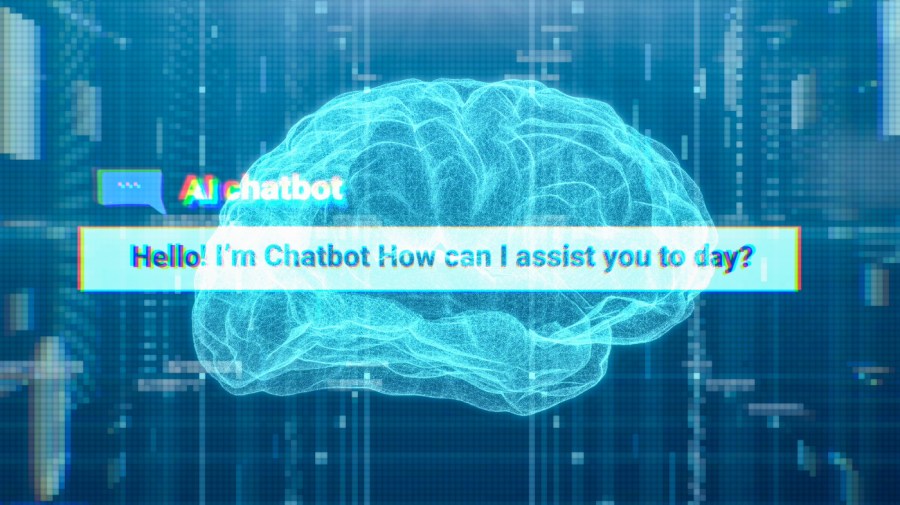The Influence of Artificial Intelligence on Worker Productivity and Income Equality

AI Driving Productivity Gains and Pay Disparity
Worker productivity gains enabled by artificial intelligence (AI) are concentrated at the lower end of the skill and income spectrum, a phenomenon that economists and labor unions warn could supercharge the practice of outsourcing jobs to lower-paid regions of the globe.
Homogenizing the Workforce
Inequality between workers decreases, as ChatGPT compresses the productivity distribution by benefiting low-ability workers more.
- Introducing language-based AI software in the workplace benefits less-skilled workers more than highly skilled ones.
- Generative AI has led to increased productivity, particularly among less experienced workers, potentially leading to offshoring and wage disparity.
Concerns and Policy Implications
- IMF Chief Kristalina Georgieva raised concerns about AI potentially affecting up to 60% of jobs in advanced economies.
- Labor unions are worried about the integration of AI into production processes without worker consultation, potentially exacerbating the productivity-pay gap.
This article was prepared using information from open sources in accordance with the principles of Ethical Policy. The editorial team is not responsible for absolute accuracy, as it relies on data from the sources referenced.